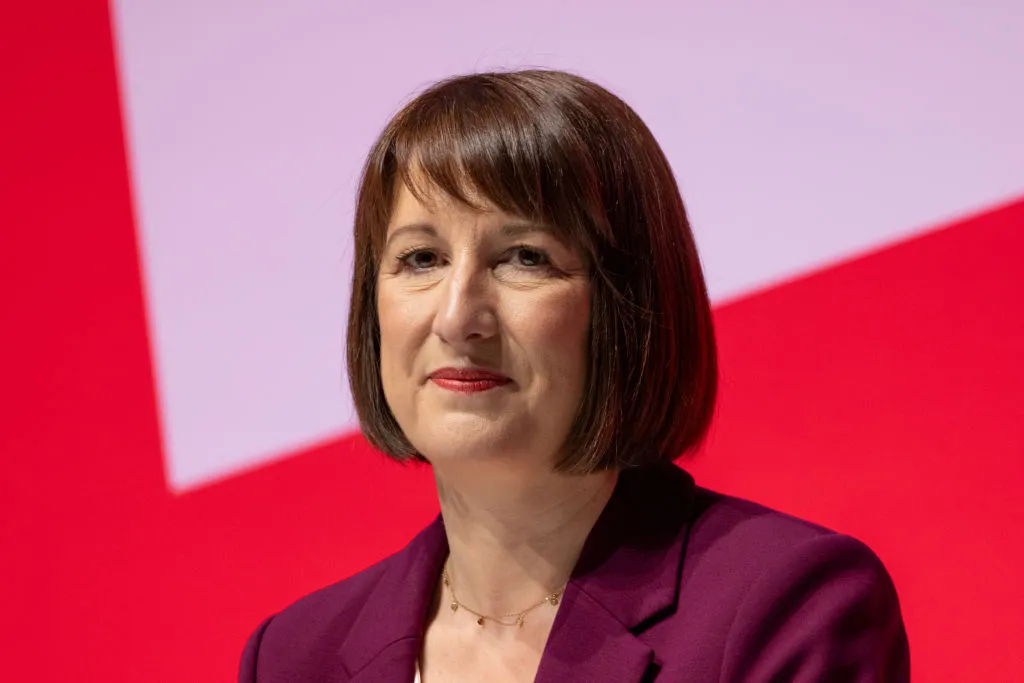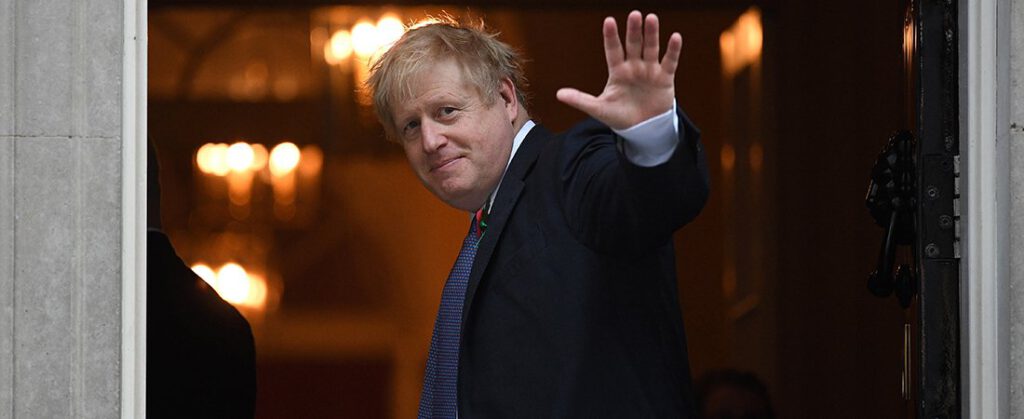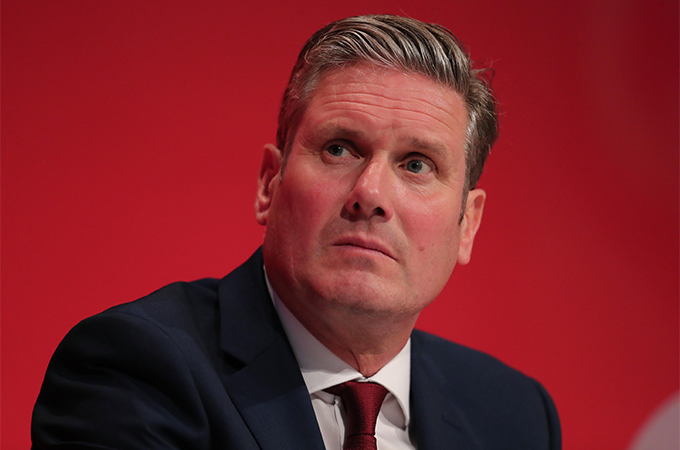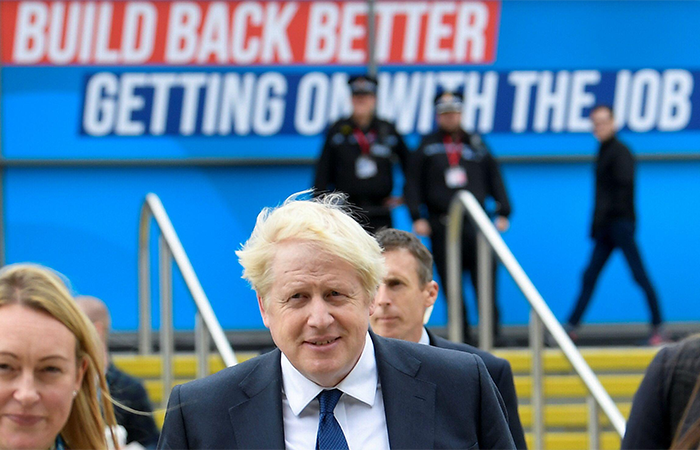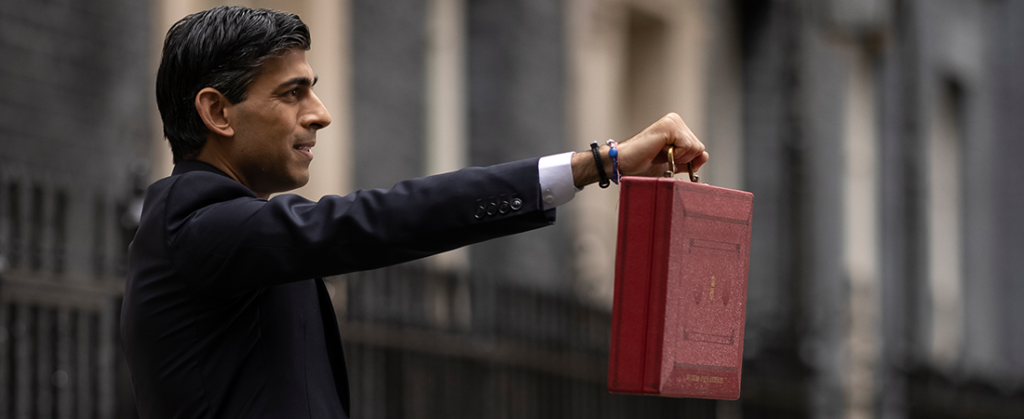If you thought the first hundred days of this government were difficult, hang on to your hats. Because it looks like the political waters it is about to sail into might be even choppier than the storms they have faced so far.
That is the message from polling carried out by the Portland research team over the weekend. Put simply, there is glaringly little public “permission” for taxes to go up as they are widely forecast to do in this month’s Budget. Despite all Labour’s warnings about the public finances – and how the previous government didn’t fix the roof after energy inflation, the pandemic and the Truss chaos – any tax rise looks like it is going to dent its popularity badly.
There will be time to recover. And starving public services of resources while trying to offer the kind of change this government was elected to deliver is not an option. But it is going to be bumpy.
The first thing to note is there is very little agreement taxes do indeed need to go up by much. Even among Labour voters in July, half – exactly 50% – say that all or most of the money needed to fill the “black hole” should come from spending cuts rather than tax rises. Across the whole population, a meagre 14% say that all or most of it should come from tax rises.
And there’s precious little agreement as to why there is such a big hole in the national accounts. We asked people to pick three reasons why this might have happened from a list of a dozen or so possibilities, ranging from Brexit to too many people being on benefits. The top answer for people who voted Labour this year was “the previous Conservative government wasn’t honest about the state of the public finance”. But only 27% of Labour’s own voters from July chose that. Among the whole of the public, just 18% did. This strongly suggests Labour’s efforts to frame the state of the finances as a terrible inheritance from the Tories has absolutely not lodged in the public consciousness in the way Number 10 had hoped. Voters as whole were much more likely to choose “We currently spend too much tax money on the wrong things” – which was the top reply. The fact that this was the most popular answer but at a meagre 27% of all voters (including 22% of Labour voters in 2024) suggests that there is no widely understood narrative of how we have got to where we are. The public are confused, basically.
That might be why only 40% of the electorate said they agreed with a statement saying “’I don’t want any of my taxes to go up, but the Government doesn’t really have any other choice”. Less than a half of all Labour 2024 voters – 48% – gave the same answer suggesting the case is significantly unmade with this group.
And the public are especially reluctant to buy the idea that a much-mooted rise in National Insurance contributions paid by employers – not by them themselves – did not represent a rise in taxes on working people. We phrased the question to reflect possible rises in employer NICs on pension contributions rather than all employer NICs. But even then, the reaction was stark. Just 26% of the whole electorate said it would not be a breach of Labour’s key election promise on tax. And 53% of Labour’s July 2024 voters agreed that it would effectively be a broken promise.
Even when we ask about taxes on business in a broader sense than in relation to National Insurance, a majority of all voting groups – including 55% of Labour 2024 voters – agree that “if taxes go up on businesses, the costs are passed on to ordinary people like me”.
Part of the problem is that the public doesn’t understand very large sums of money or anything much to do with public spending. When ministers or the media bandy around terms like “trillion” or “billion”, it will simply wash over the vast majority. We wanted to test this, so we also asked respondents to identify the closest number to the UK government’s total annual spending. Just 16% chose the correct number – £1 trillion. An overwhelming majority were at least one order of magnitude (e.g. 10x) out. The most popular reply was £100 billion with 23% and 11% chose £10 billion. Education levels made hardly any difference. Only 16% of university graduates got this question right. Just 40% of people know that there are a thousand billions in the standard definition of a trillion.
Nor do people understand how much the government spends on different things. Asked which were the top three things on which their tax money is spent, 22% still picked MPs expenses – 15 years after that scandal broke and despite the fact IPSA’s current budget represents roughly 0.001% of all government spending. Meanwhile 27% of the population and 24% of Labour 2024 voters said that migrants and asylum seekers were one of the top three items the government spends the most on.
The overall picture is of a government that needs to do a deeply unpopular thing – raise taxes – while speaking to the public using a language – big numbers – that they simply don’t understand. It’s a bit like trying to explain to a random person that they need root canal surgery while trying to talk to them in Ancient Greek.
But the other choice is worse. If the ambition were only to maintain services like the NHS at current levels while doing nothing much on Net Zero or defence, that would still cost additional money. But without delivering improvement – observable improvement that voters are able to feel and experience – then this is a government that will surely be out on its ear at the next election – even if the alternatives are as deeply flawed as they currently appear. To quote a previous Prime Minister, there is no alternative. But that argument is going to be hard to land.
Portland conducted polling among a sample of 1,006 UK adults, between 11th and 14th October 2024. Data weighted to be nationally representative. Data tables are available here.


